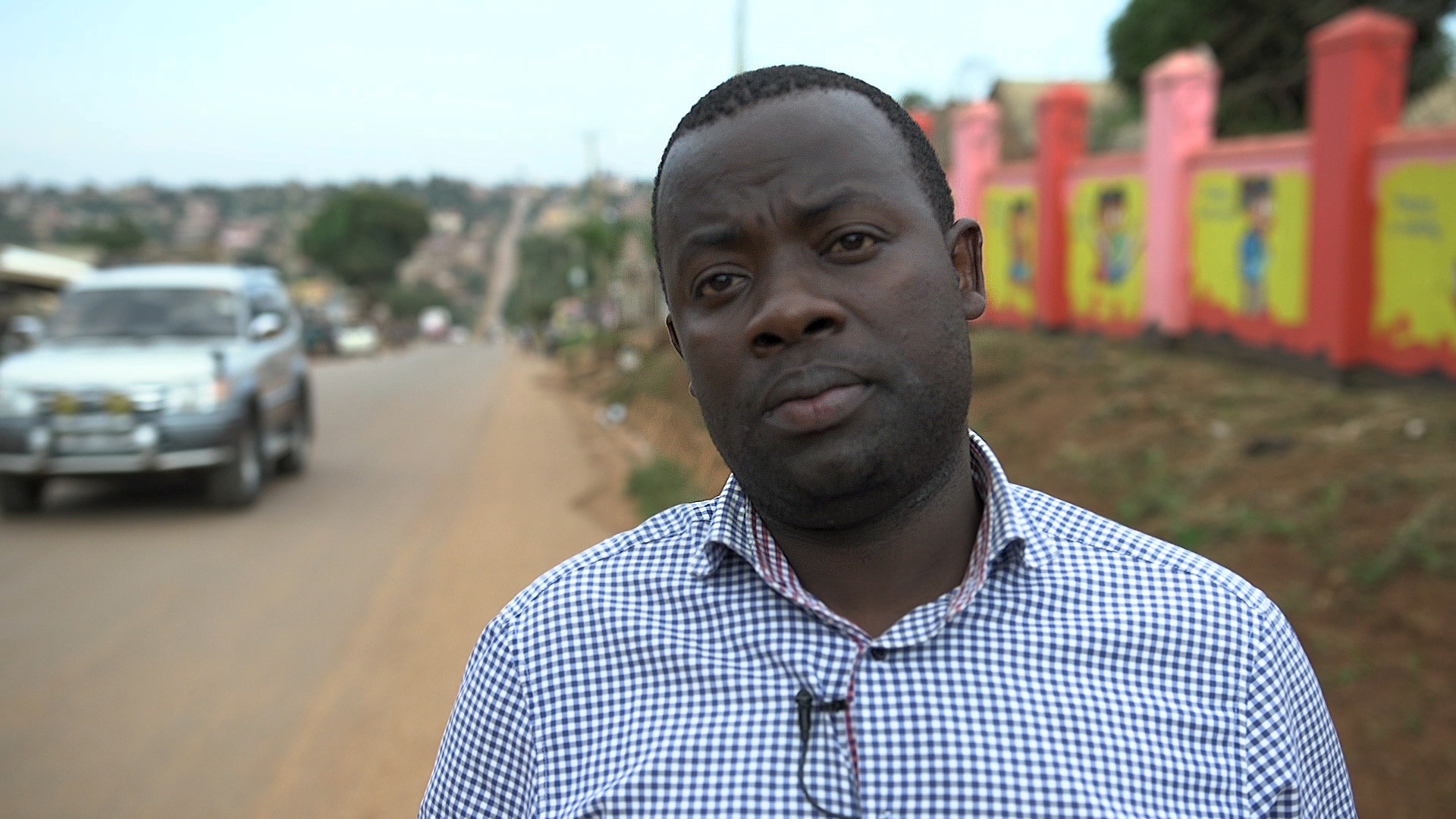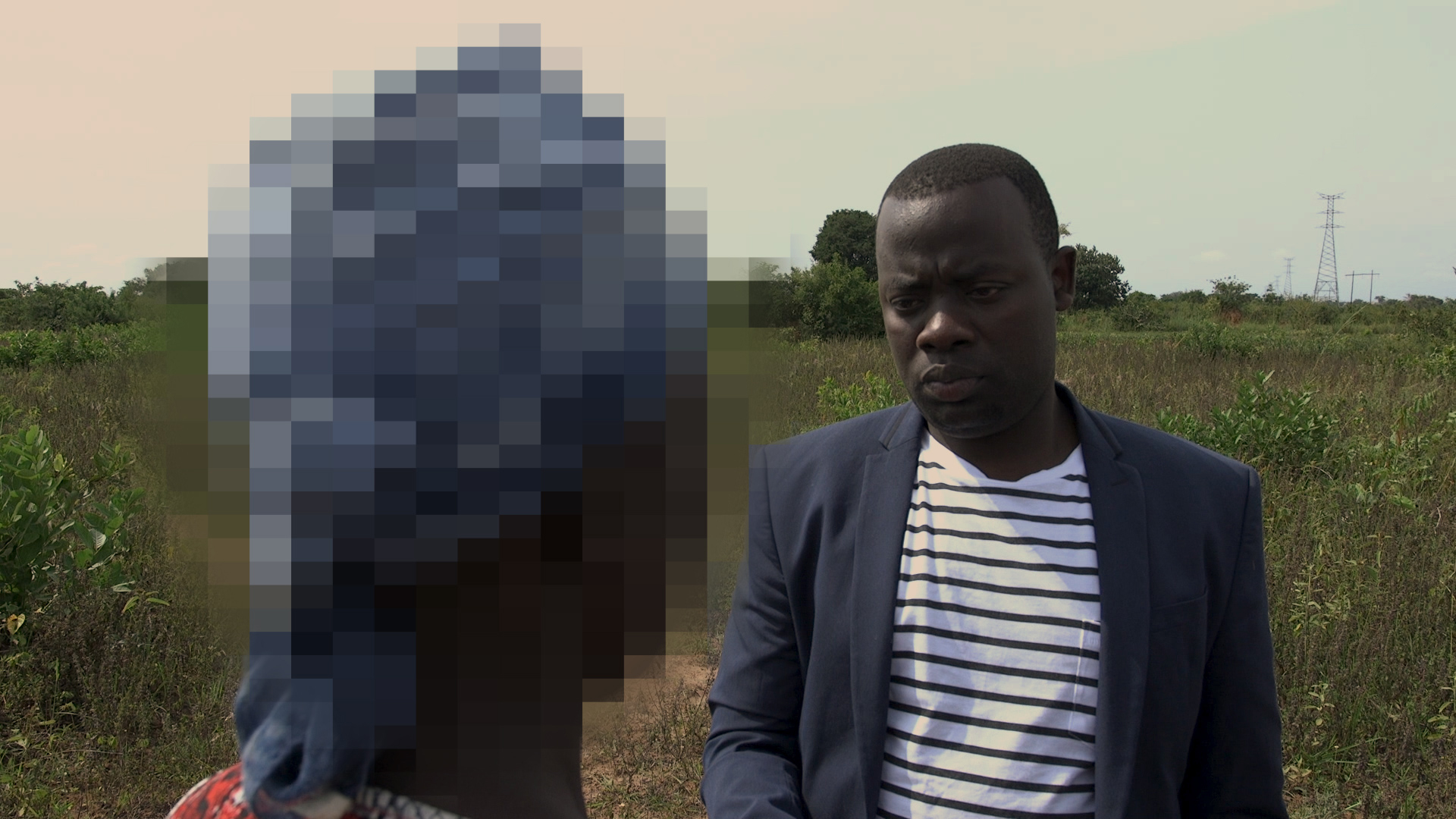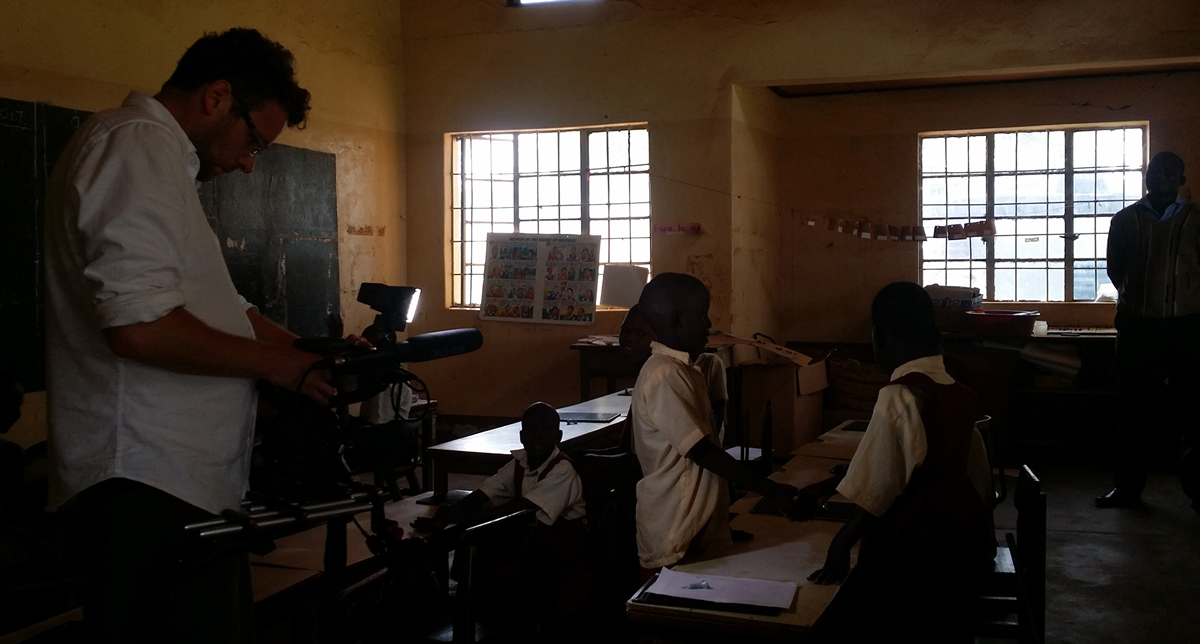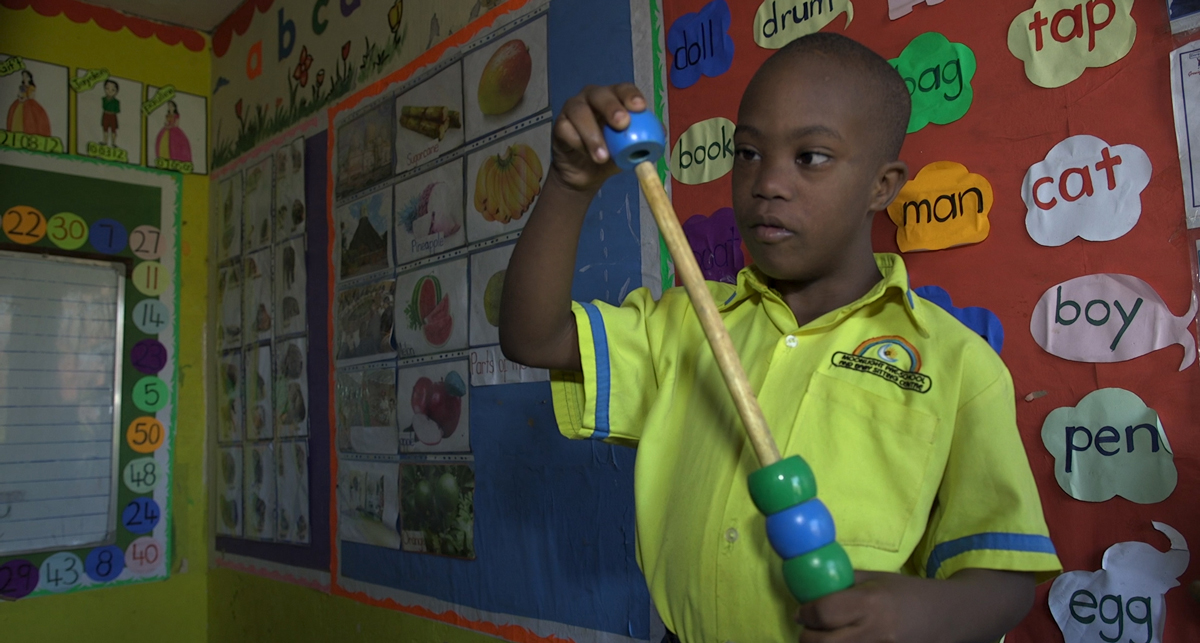

Having a child with a disability poses severe challenges to parents, making their lives more difficult. For parents living in a very poor developing country it’s even more challenging. Do you go to the hospital when you earn less than a dollar a day? How many years can you carry on when your husband left you after giving birth? How many insults can you bear? For some parents it goes too far, and they give up and kill their own child. Some do so by intentionally starving their child, or by not giving essential medicines, while others do so by brutally killing their disabled child. For lack of a better word in Uganda these murders are called ‘mercy killing’, the word itself suggests taboo. It happens behind closed doors. The parents grant themselves mercy by doing so. After years of frustrations that come with taking care of their disabled child they give up. They want their life back. We show stories of parents struggling with the efforts and sacrifices related to caring for their disabled child. We tell the story of a disabled child who survived a murder attempt. And we have two shocking confessions of mothers who just gave up and killed their own child.
Journalist Gerald

We follow journalist Gerald Bareebe. He is an award winning Ugandan journalist. The World Bank listed him in the world’s top 10 for human rights activists. He is specialised in investigative journalism. One of his articles led to a military officer being sentenced to prison for 14 years.
In this documentary, Gerald drives to Soroti District, one of the poorest districts of Uganda. He wants to know if the rumours about mercy killings are true and he discovers compelling stories of parents who gave up.
Shocking confessions
Two mothers, both living in the same small town, have a secret they never told before. They confess to Gerald that they have killed their own disabled child. The police and justice department don’t know about these murders yet. Mother Akol confesses in detail to Gerald how she brutally strangled her 3 year old son to death. "I looked at him, picked him up from the ground and threw him down. Meanwhile I grabbed his neck, twisted it and I strangled the baby."

She tells us how nurses did not want to treat her son after birth, "they said; we are not going to waste drugs on him." People compared her son to "Imukana", a wild cat from the bush. She felt pressured by clan members who did not want a disabled child in the clan.
Apolot is the second mother who murdered her child. She confesses to the camera how she planned to kill her 6 year old daughter. Now she regrets what she has done: "I felt in my heart that it would have been better if my child would have died of natural causes, I shouldn’t have thrown her from my back."
Social worker Rose – Mama Rose

Gerald discovers many mothers who are struggling to survive. He asks social worker Rose to join his quest so things would change. She is a strong woman who is called mama Rose. She interviews Mary, mother of a 3 year old disabled child with clubfoot. She was abandoned by her husband. During the interview, it becomes clear that her daughter is very ill. The mother didn’t look for any treatment for her daughter. We stop the interview right away and during a visit to a local hospital the child is diagnosed with severe malaria. Eventually we find the right drugs, saving Karen’s life.
If our film crew wouldn’t have acted and wouldn’t have bought the medicine right away Karen would have died within three days, the nurses said. Rose puts herself together and goes to the centre of a small town. She takes a microphone and tries to raise awareness amongst men. She wants them to understand that a child with a disability deserves to live, and they should not run away from their responsibilities.
Looking for hope

We also met Alupo, a 10-year-old blind girl. Her mother is a sex worker living in a slum of Soroti city. She did not want a disabled child so she buried her baby alive in a pit after birth and ran away. The neighbours found out what happened and saved the baby. Ever since, the girl has lived a life of misery. Alupo went to an orphanage for three years. At the age of three she was too old to stay there so she lived in the office of an NGO where a nanny took care of her. The NGO tried to reunite her with her mother and rented a house for Alupo and her mother. That went terribly wrong when they found the girl at the age of 7 abusing marihuana and alcohol. This horrible youth continued for many years. Last year she found a spot in a school for the blind. She struggles with finding her place and how to behave. But teachers believe in her growth. Alupo is slowly gaining confidence; she has a beautiful voice. When she sings, she forgets about all her worries.
Inclusive education

Shadat is 9 years old boy who has down syndrome. When the boy was a baby his parents had to go to the hospital all the time, they had no money to pay the many hospital bills. His mother testifies about the struggles they had to go through for years ‘No-one would help us, not even the relatives, because they didn’t like him’. A few years ago Aisha started working in Angels Center, a project for disabled children mama Rose runs. Ever since her life has changed a lot. Shadat can go to school. This is rare because children with down syndrome often don’t go to school. People think they are not able to learn. Shadat proves otherwise. He goes to school and learn to count and write like any other child. Headteacher Doreen Namara from Moonlight Pre-school was surprised: ‘They really fit in society, in real life. This has even opened the eyes of our community, these children are really able.’
Poverty
Last but certainly not least, let’s talk about poverty. It is obvious that poverty accounts for a large part of these tragic stories. In rural areas people are often extremely poor. Having a child with a disability is ‘just too much.’ Imagine having 5 children already and your sixth has a severe disability. You have no money and your hope is to give each of them at least one meal a day. You have to raise them by yourself because your husband abandoned you. Imagine you cannot work in the field because you have to carry your disabled child and your employer thinks you are too slow. Imagine this for just one minute and then try to realise that some mothers have to endure this suffering for many years.
"We don’t judge and we don’t condemn.
We tell stories that sketch the outlines of how it is to live with a disabled child in a developing country."
